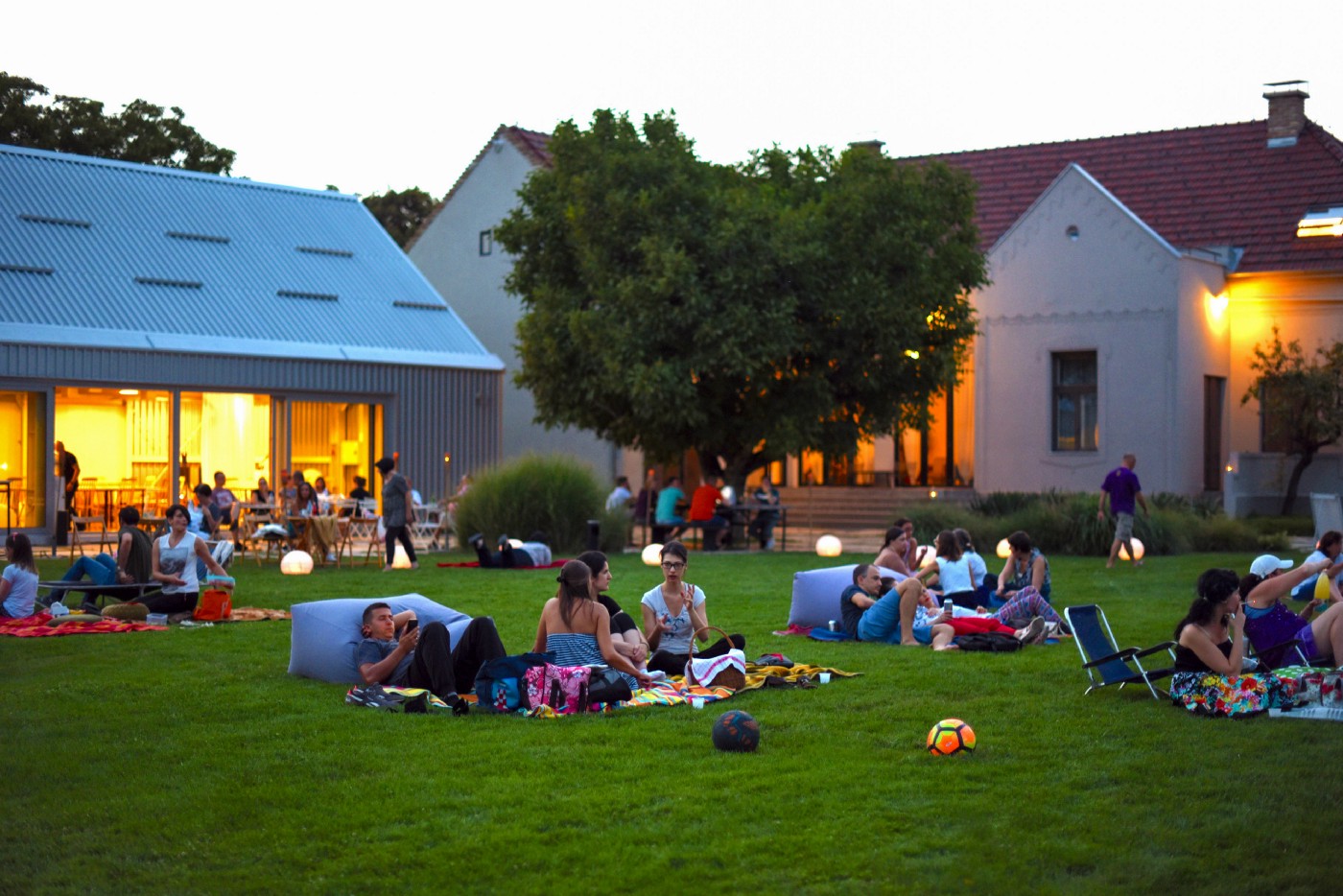Greater emphasis on just transition needed to unlock opportunities and avoid increasing inequali-ty and less competitive economies
Social and economic benefits of a global ‘green revolution’ at risk, according to UNDP report
November 4, 2022

The report presents the approaches being used in five countries leading on just transition: Antigua and Barbuda, Costa Rica, India, Serbia, and South Africa
New York - Countries that fail to recognize the opportunities afforded by a ‘green revolution’ run the risk of increasing social inequality, civil unrest, and less competitive economies if proposed transitions to net-zero emissions pathways are not well managed, according to a new report released today by the United Nations Development Programme (UNDP) ahead of the upcoming COP27 climate negotiations.
As countries transition to sustainable economies, it is critical that the process is done in ways that are fair and equitable. The notion of a ‘just transition’ is key to achieving the Paris Agreement’s global climate goals.
The report finds that ‘just transition’ is now referenced in 38% of the latest national climate pledges under the Paris Agreement and in 56% of long-term strategies, but more work remains.
The report, How Just Transition Can Deliver the Paris Agreement, analyses both enhanced short-term climate pledges, known as Nationally Determined Contributions, or NDCs, and long-term strategies in which countries describe their plans for net zero. It presents the approaches being used in five countries leading on just transition: Antigua and Barbuda, Costa Rica, India, Serbia, and South Africa. It also identifies five key ways that a just transition can help deliver the Paris Agreement.
“As climate change intensifies and the world faces an immense energy crunch, many countries are decoupling from fossil fuels and investing in the green energy infrastructure of tomorrow - now the only logical economic choice,” says UNDP Administrator Achim Steiner. “This new report provides real-world insights into how to accelerate momentum around a just transition that is fair and equitable for the energy sector and beyond: everything from providing workers with new green economy skills and access to social protection; to ensuring that countries’ Nationally Determined Contributions lay out a clear pathway to a net-zero future.”
The report finds:
- Of the 170 countries that had submitted an enhanced NDC as of 31 October 2022, 65 (38%) explicitly reference just transition. There is an almost even split between developed and developing countries (51% vs 49% percent), with Central and Eastern Europe leading the way, followed by the Americas and the Caribbean, and Africa. Asia Pacific and the Arab States lag behind. However, only 11 countries (17%) have a dedicated chapter or section in their NDC on just transition.
- Of the 52 long-term strategies (LTS) submitted as of 31 October 2022, 29 (56%) explicitly reference just transition, of which 17 are from countries in Europe and Central Asia, followed by the regions of Asia Pacific and Americas and the Caribbean. Africa and the Arab States lag behind. While faring better than short-term plans, still only 16 countries (55%) have a dedicated chapter or section on just transition in their LTS.
Encouragingly, most countries with enhanced NDCs that refer to just transition are linking just transition to socio-economic considerations (72%) and/or proposing concrete just transition actions and measures (66%).
However, the report finds that countries are failing to make linkages to Sustainable Development Goals (SDGs) or gender equality in either short- or long-term climate plans – representing a significant missed opportunity. Of those countries referencing just transition, currently only 6 and 4 countries link just transition to the Sustainable Development Goals in their NDCs and LTS respectively, and only 10 and 7 refer to gender implications of a just transition in their NDC and LTS respectively.
The report notes that the energy sector is receiving the most attention for a just transition, however, a comprehensive whole-of-economy, whole-of-society approach – one that addresses all sectors and secures buy-in from all quarters – is needed in order to bring have the greatest development gains.
Under the Climate Promise, UNDP is supporting 34 countries to strengthen just transition principles, process, and practices using UNDP’s Framework for Incorporating Just Transition into NDCs and LTS. This support takes shape across four areas: assessment; engagement; institutional policy and capacity building, and finance, to increase country awareness of the principles of a just transition, strengthening their ability to engage in just transition processes, and developing capacity to implement just transition practices.
To read the full report (accessible after 12.01 am Eastern (NY) Time Friday Nov: https://climatepromise.undp.org/just-transition-report
Media contacts:
mehmet.erdogan@undp.org
dylan.lowthian@undp.org
Note to the editors: The report analyses individual country submissions of NDCs and LTS only. The European Union’s NDC and LTS are therefore not included in the statistics.
UNDP is the leading United Nations organization fighting to end the injustice of poverty, inequality, and climate change. Working with our broad network of experts and partners in 170 countries, we help nations to build integrated, lasting solutions for people and planet. Learn more at www.undp.org or follow at @UNDP.

 Locations
Locations



